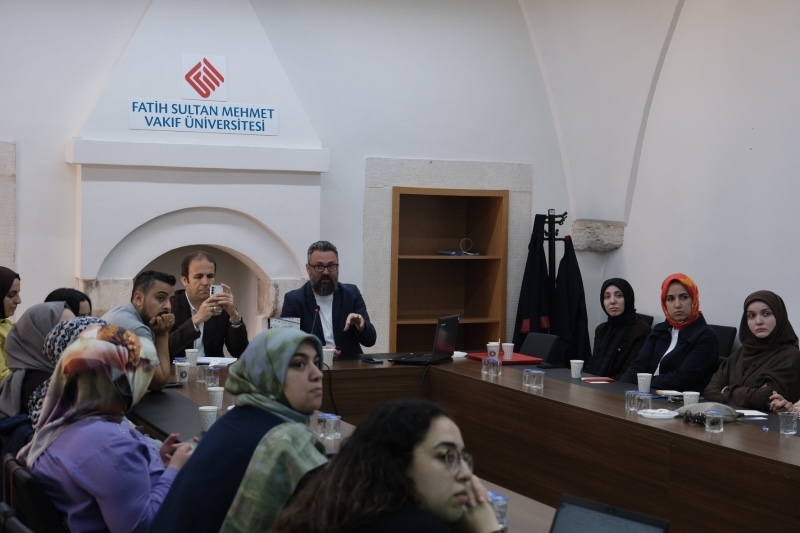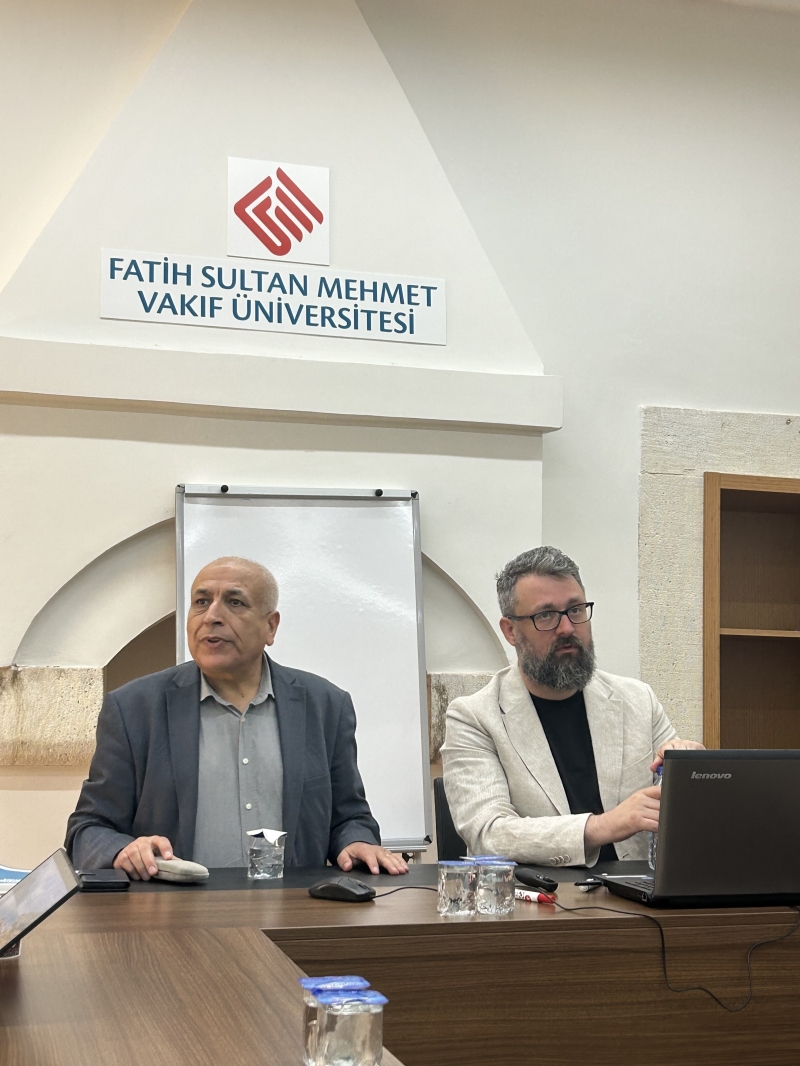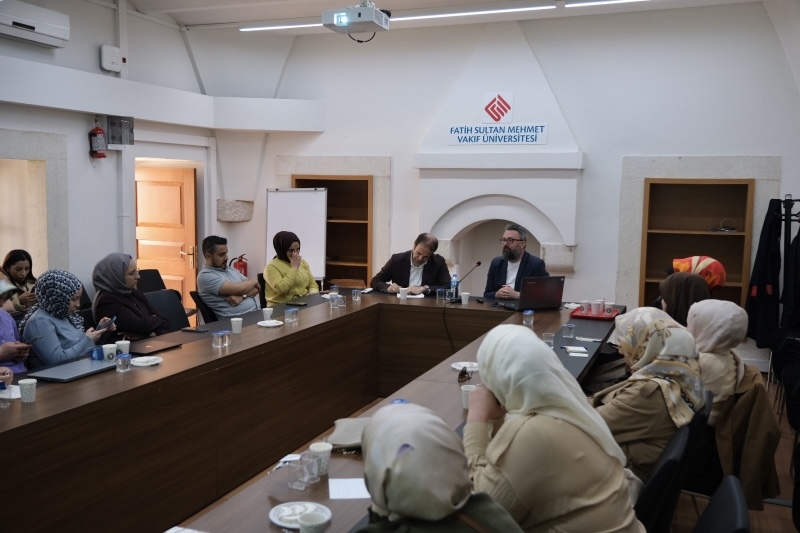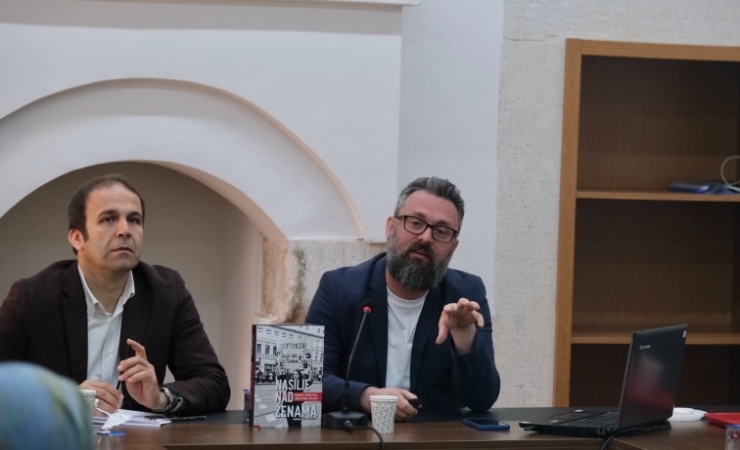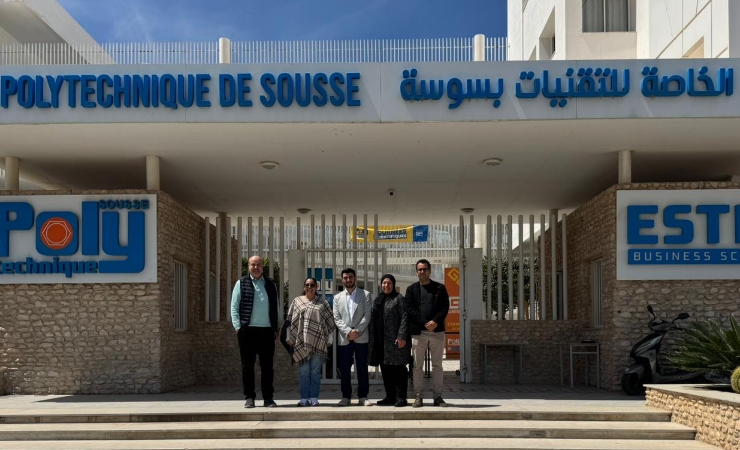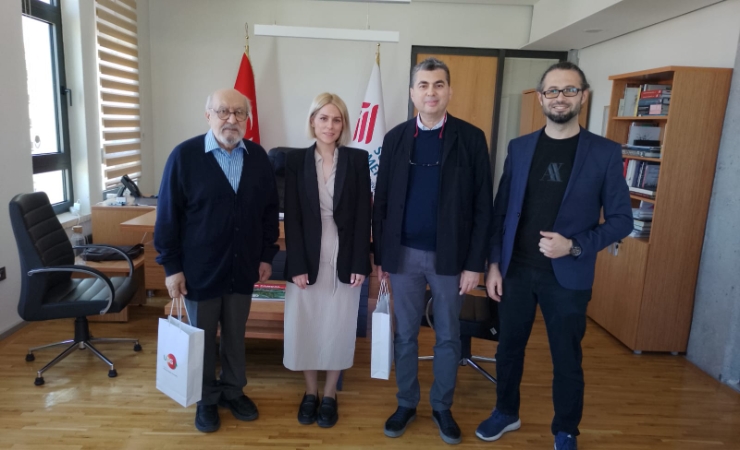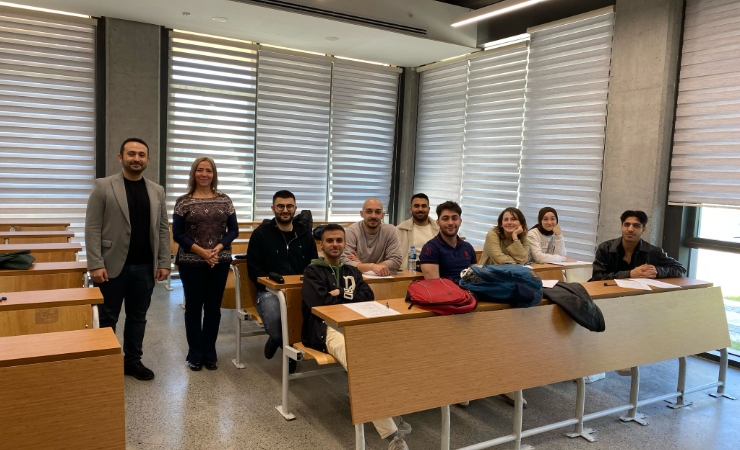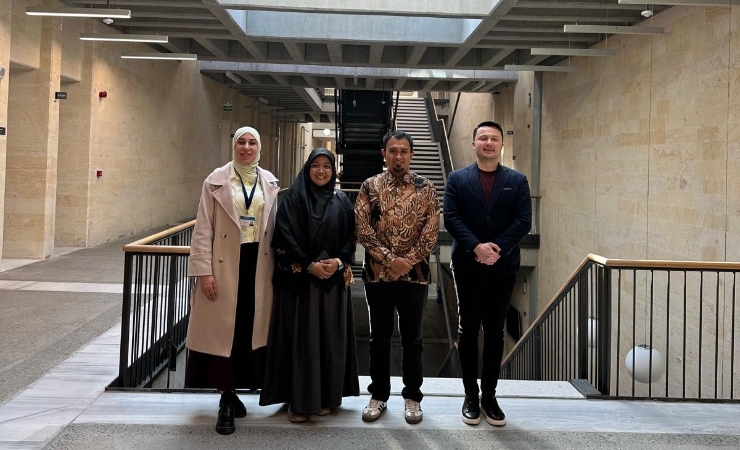As part of the ongoing Erasmus+ KA171 academic exchange program, Fatih Sultan Mehmet Vakif University (FSMVU) had the privilege of hosting Prof. Dr. Fahd Kasumovic, a distinguished historian from the University of Sarajevo, Bosnia and Herzegovina. His visit marked a significant moment in our international collaboration, bringing together scholars and students around critical themes in Ottoman social history and gender studies.
Prof. Kasumović delivered a two-part lecture series that explored the lived experiences, legal structures, and power dynamics of Ottoman Bosnia from diverse historical perspectives.
The first lecture, titled “Life, Law, and Power in Ottoman Bosnia: A Social History Perspective,” was held at FSMVU’s historic Campus. This interdisciplinary session delved into key themes such as imperial governance, borderland society, conversion, and the lives of marginalized communities in early modern Bosnia. Drawing on legal records and sociopolitical analysis, Prof. Kasumovic offered participants a nuanced understanding of how life unfolded in one of the empire’s most complex provinces.
The second lecture was co-organized by the Evliya Celebi Research Center and the Center for Women and Family Studies. This program, titled “Violence Against Women in Ottoman Bosnia: Remapping the Social Landscape of an Early Modern Borderland Province,” focused on gender-based violence as documented in Islamic court records. Prof. Kasumovic, who is also the editor of the book ‘‘Violence Against Women: Discourses, Perspectives, and Lessons from Bosnian History’’, examined legal cases between 1796-1875 in Sarajevo, highlighting how women sought justice through the courts. He presented compelling evidence that Ottoman women actively engaged legal mechanisms to claim their rights, with men making formal commitments to refrain from mistreatment, provide financial support, and fulfill obligations such as alimony (nafaqa) and clothing (kisve). The session emphasized the importance of Ottoman legal culture in shaping gender relations and social order. The Uskudar program was moderated by Assoc. Prof. Dr. Ilhami Danish and brought together researchers, civil society representatives, and students in a highly interactive academic environment.
Together, these lectures illuminated different facets of Ottoman Bosnia from structures of imperial power to the personal struggles of women in a patriarchal society demonstrating how historical research can challenge assumptions and deepen our understanding of justice, identity, and resilience in borderland contexts. Prof. Kasumovic’s visit exemplifies the mission of the Erasmus+ KA171 program, which facilitates meaningful academic exchange and revives shared histories across regions once deeply connected.
FSMVU remains committed to fostering such interdisciplinary dialogue and cross-cultural scholarship, which continues to strengthen our global academic partnerships.

